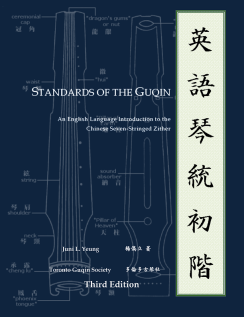*EDIT: Please see newer post*
One google search will usually tell you that the Book of Songs/Book of Odes/Classic of Poetry/Shijing/《詩經》 is one of the oldest classics of Chinese literature, with its 300+ songs in Classical Chinese (not to be confused with Wenyan 文言 or “literary speech” written form), and was traditionally sung but its music was lost throughout the ages, therefore people today just recite it.
What bull.
Just look at this document, the Qinding Shijing Yuepu 《欽定詩經樂譜》, commissioned by the Qianlong Emperor and reprinted by Wang Yunwu in the Republican period.The music is lost? What lies.
Due to the recent preparation of a Guanli in Toronto, I have become increasingly busy to the point where I haven’t even touched this blog in weeks (when I should be giving an outline of my England travels – looks like that’ll have to wait). However, this is too important to just slip by, and this book represents the very purpose of this site. This post includes translated sections of the music score for use in Guanli and Sheli.
Please click in. More






Recent Comments